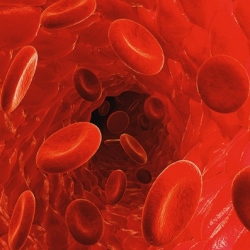
Scientists have discovered an antibody produced by an HIV-positive patient that neutralises 98% of all HIV strains, including most of the strains that are resistant to other antibodies. Due to HIV’s ability to rapidly respond to immune defences, an antibody that can block a range of strains has been hard to find.
But now that we’ve found one, it could form the basis of a new vaccine against the virus. Researchers from the US National Institutes of Health (NIH) found that the antibody, called NG, was able to maintain its ability to recognise the HIV virus, even as the virus morphed and broke away from it.
It’s also up to 10 times more potent than VRC01 – an antibody in the same class as N6, which has progressed to phase II clinical trials in human patients, after protecting monkeys against HIV for nearly six months.
"The discovery and characterisation of this antibody with exceptional breadth and potency against HIV provides an important new lead for the development of strategies to prevent and treat HIV infection," said Anthony S. Fauci from the US National Institute of Allergy and Infectious Diseases.
An antibody is a protein produced by the immune system in response to harmful pathogens such as bacteria and viruses.
Antibodies are responsible for identifying and destroying these pathogens by binding to them and either neutralising their biological effects on their own, or signalling to white blood cells to come and destroy them.
When the researchers exposed N6 to 181 different strains of HIV, it managed to destroy 98 percent of them, including 16 of 20 strains resistant to other antibodies of the same class.
